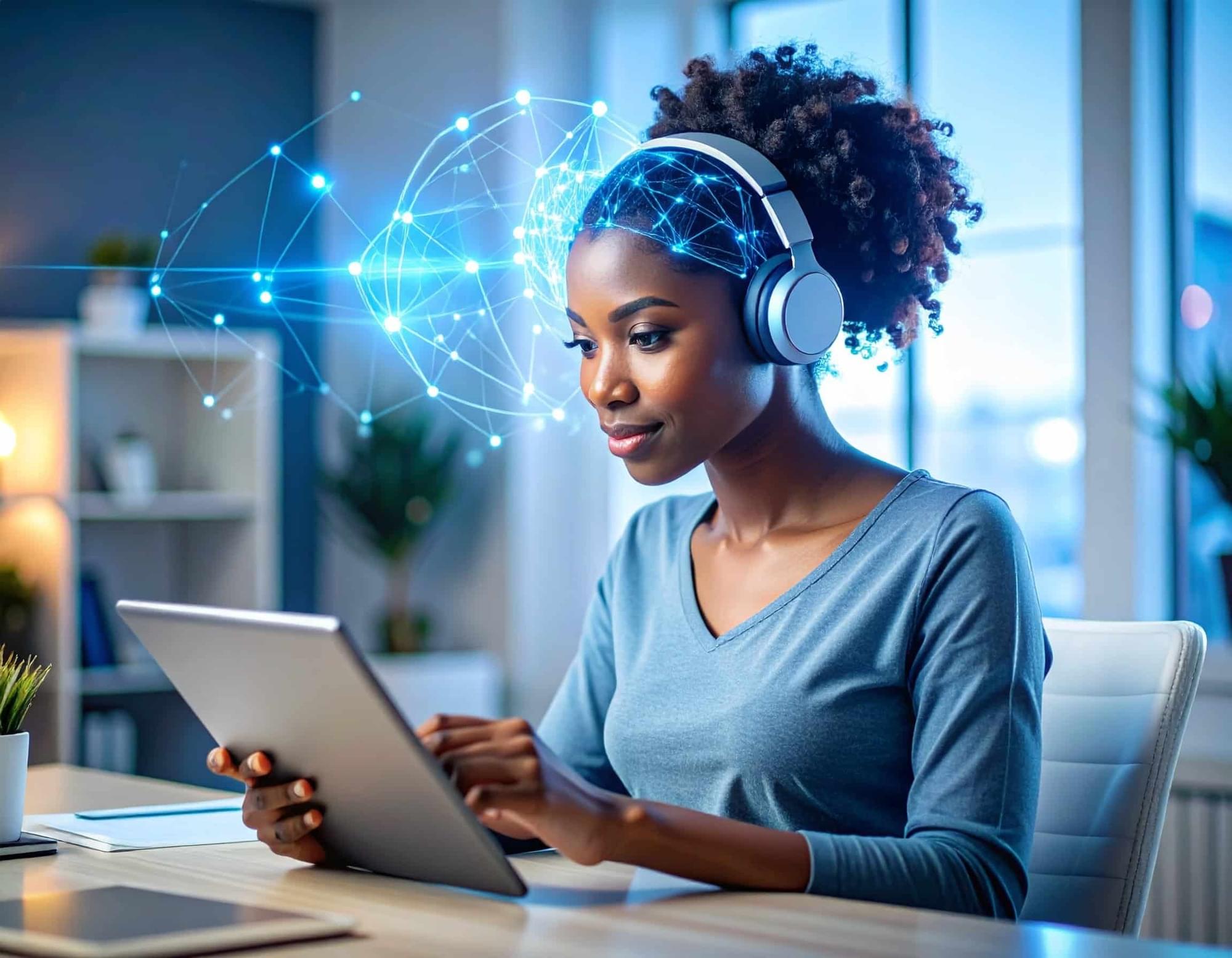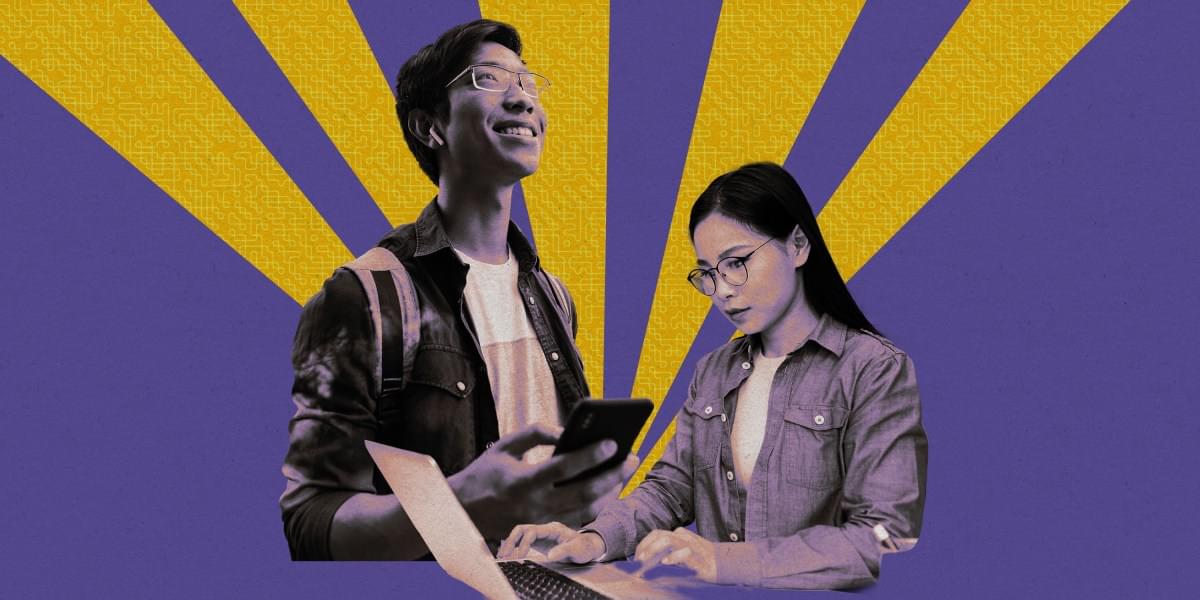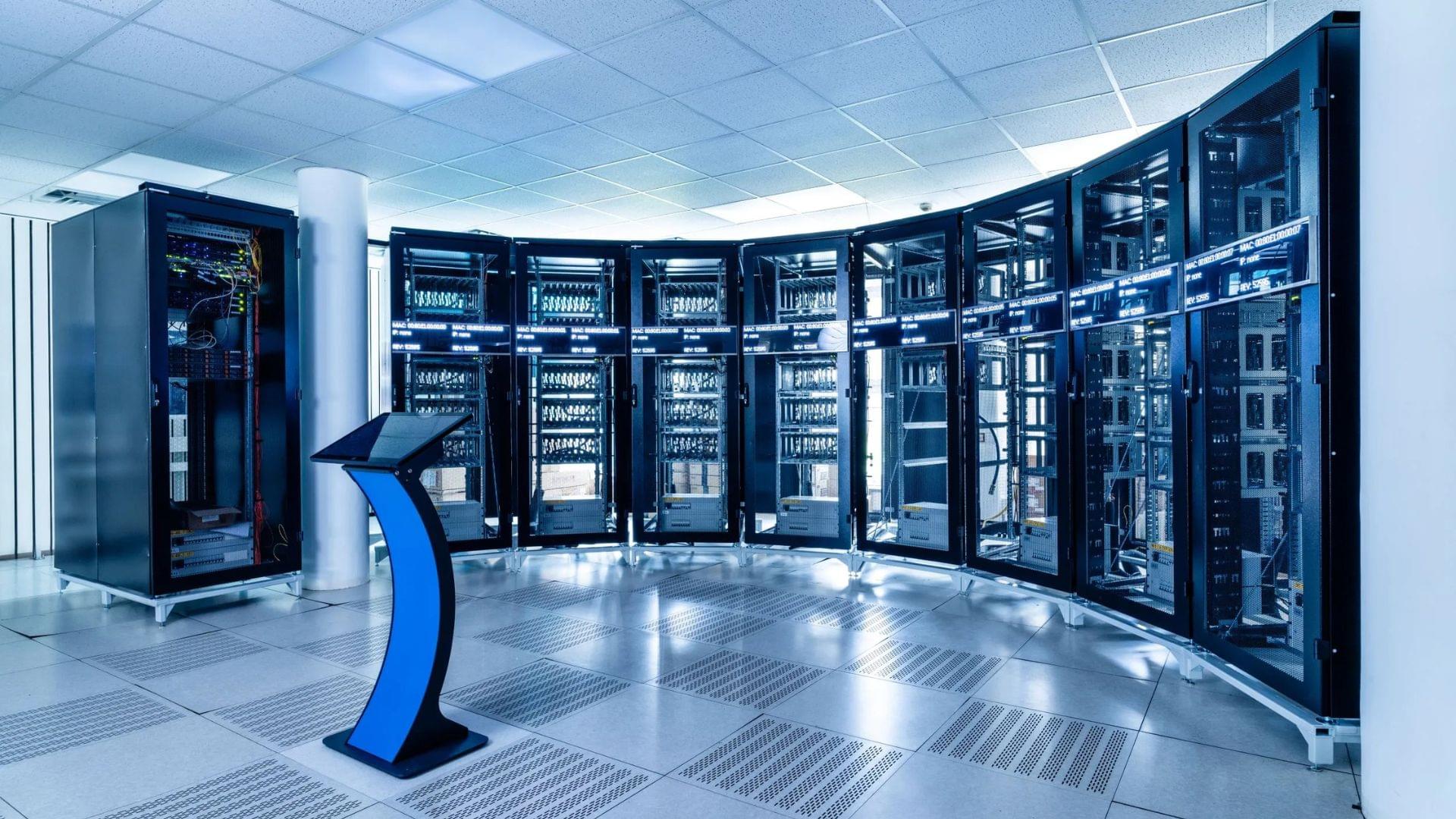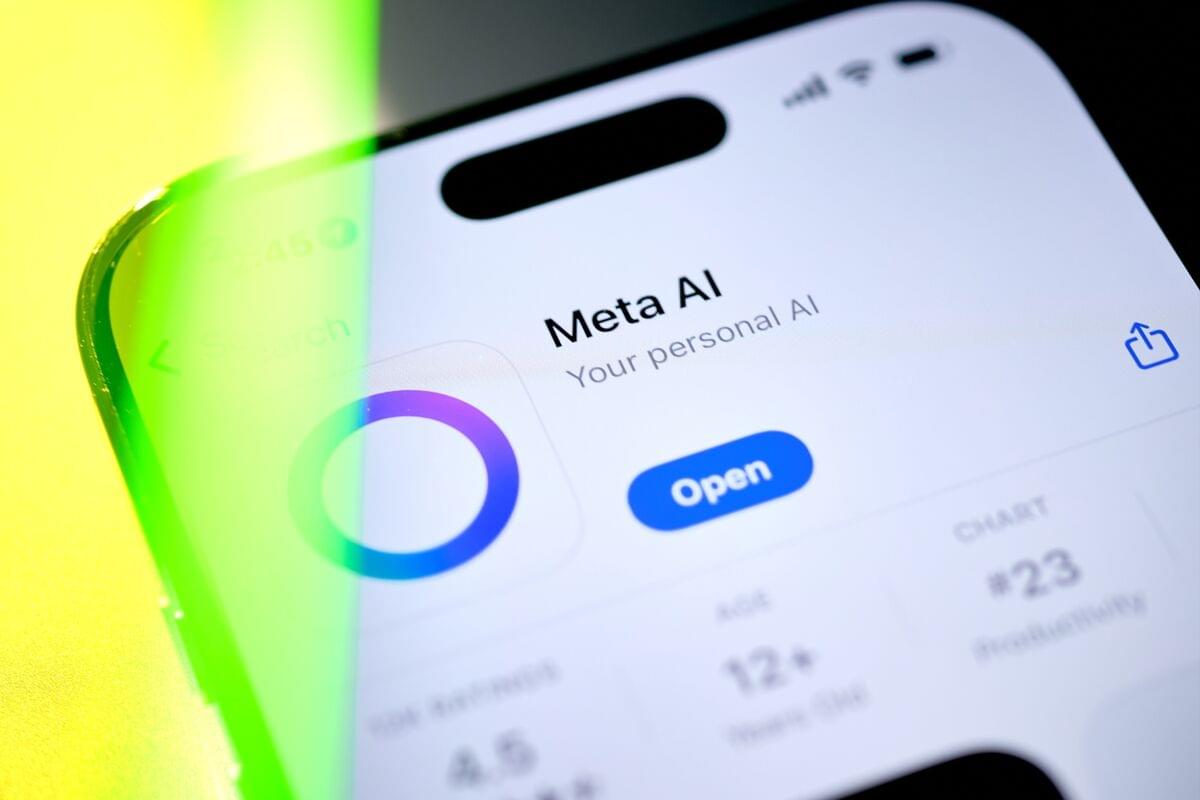Researchers have developed an AI-powered brain stimulation system that safely enhances attention at home.


We are entering the third phase of generative AI.

In an office at MIT’s Computer Science and Artificial Intelligence Laboratory (CSAIL), a soft robotic hand carefully curls its fingers to grasp a small object. The intriguing part isn’t the mechanical design or embedded sensors—in fact, the hand contains none. Instead, the entire system relies on a single camera that watches the robot’s movements and uses that visual data to control it.
This capability comes from a new system CSAIL scientists developed, offering a different perspective on robotic control. Rather than using hand-designed models or complex sensor arrays, it allows robots to learn how their bodies respond to control commands, solely through vision. The approach, called Neural Jacobian Fields (NJF), gives robots a kind of bodily self-awareness.
A paper about the work was published in Nature.


Microsoft has introduced Copilot Mode, an experimental feature designed to transform Microsoft Edge into a web browser powered by artificial intelligence (AI).
As the company explained on Monday, this new mode transforms Edge’s interface, with new tabs showing a single input box that combines chat, search, and web navigation functions.
Once Copilot Mode is enabled, the AI assistant will be able to analyze all open browser tabs with the user’s permission, comparing information and assisting with various tasks, such as researching vacation rentals.


Apple Inc. has lost its fourth AI researcher in a month to Meta Platforms Inc., marking the latest setback to the iPhone maker’s artificial intelligence efforts.
Bowen Zhang, a key multimodal AI researcher at Apple, left the company on Friday and is set to join Meta’s recently formed superintelligence team, according to people familiar with the matter. Zhang was part of the Apple foundation models group, or AFM, which built the core technology behind the company’s AI platform.

